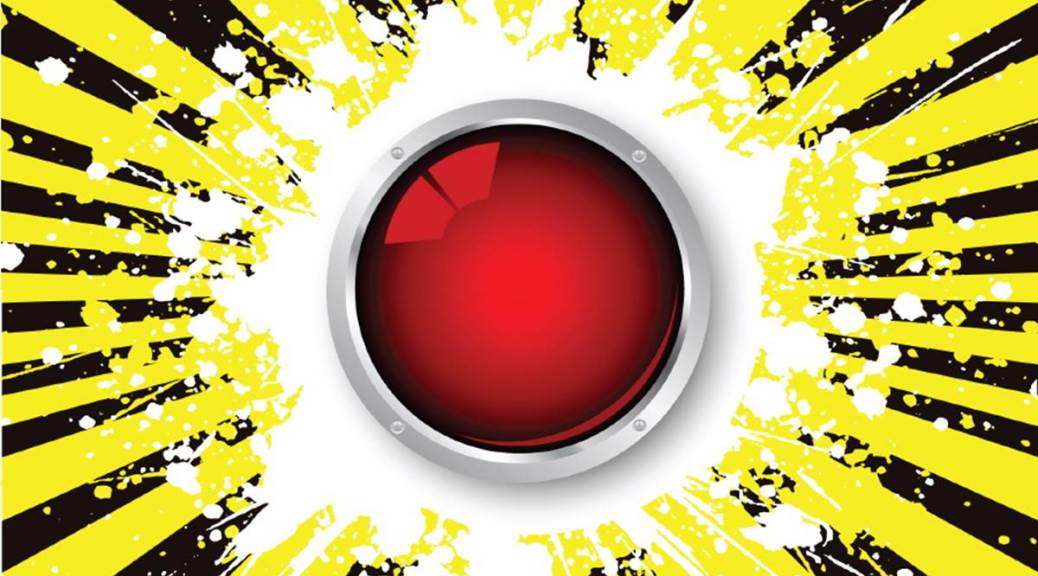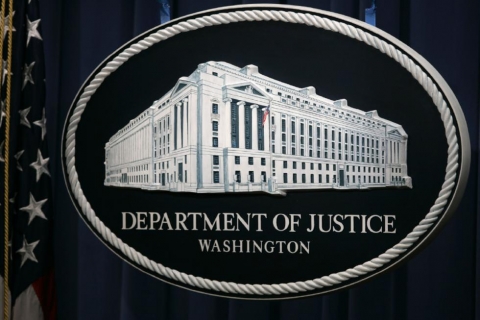Continue reading History, Monuments and Culture Clash – by Deborah Levine
Category Archives: About Us
About the American Diversity Report
Addressing Social Isolation among Men – by Elwood Watson
Despite his material and enviable career success, Don, like many of his mid-20th-century contemporaries and many men today, more than a half a century later, was hampered by a common theme that is prevalent in the lives of many men — a lack of genuine friendships. The old saying that “the more things change, the more they stay the same” rings true in regards to this particular issue.
Men have chosen to become totally consumed with one’s career to the detriment of having any healthy relationships. There have been a number of theories and reasons from experts as to why so many men have difficulty establishing and maintaining valuable, close relationships with other men. The social awkwardness and a rejection of intimacy with other men are present in fear of being viewed or labeled as gay. Societal mores have historically frowned upon it. Instead, men have chosen to become totally consumed with one’s career to the detriment of having any healthy relationships. Reasons aside, many individuals with the X/Y chromosome have a real deficit in their level of camaraderie with other men.
The undeniable conclusion from many psychologists, psychotherapists, mental health experts as well as testimony from a number of men themselves is that too many men have too few, if any, real male friends.
There has been a plethora of studies providing evidence that men who are largely friendless are living in an unhealthy situation, often resort to alcohol, engage in drug use, suffer from depression, and should reexamine their current predicament. Some things to consider:
Continue reading Addressing Social Isolation among Men – by Elwood Watson
Refugees: Are We Eating our Young? – by Deborah Levine
Islands at Risk
Refugee International reported a few years ago that a Kiribatian man tried to convince a New Zealand court to make him the world’s first climate change refugee. Kiribati is an impoverished group of Pacific islands vulnerable to rising sea levels. He didn’t succeed, but many experts predict a growing number of displaced people seeking asylum because of global warming. The planet has limited drinkable water, fertile land, clean air, and food. The planet’s current supplies are steadily shrinking.
Continue reading Refugees: Are We Eating our Young? – by Deborah Levine
Missing my little buddy David – by Terry Howard
“The biggest problem with having a disability is that far too often
people see it before they see you!”
I met little David at a local Starbucks a few years ago.
You see, I was hunched over my laptop searching the internet for a new twist for a piece on people with disabilities given that October is National Disability Employment Month. Over a third cup of coffee, I was focused, oblivious to the comings and goings of folks entering and leaving. But in truth, I was in my zone and preferred to keep it that way.
But little David – his Downs Syndrome and all – had other plans for me. And others.
At the top of his lungs, David called out “Hey brother” as he approached a surprised me at my table in the corner. A high five and a hug later, David was off greeting and hugging others in the place. And like me, all were startled and clearly smitten by little David. It was written all over their faces, our faces. Their silence spoke volumes.
“David, David, get back over here. Leave these people alone!” demanded his mom; words she’d no doubt uttered many times before – words obviously to no avail. But that was before she realized how deeply David touched all of us that day.
Three minutes later, and with little David in tow, mom headed to the door and, David being David, waved and bellowed to us, “good bye my friends.” And we all, in unison, in different words, with moisten eyes – patrons and Starbucks employees alike – stood up and returned, “See ya David!”
And for a few seconds we all stood there, in complete silence, absolute strangers no longer, knowing somehow and full well that we’d just been touched – and connected in our humanity – by an angel.
Now I’ve returned to that Starbucks a number of times since then, feeling cheated by the brevity of that meeting with David, wishing and hoping my little buddy would be there.
But no such luck so far. But I’ll keep going back.
Yes, I’ll keep going back…. wishing and hoping!
Our Domestic Terrorism – by Deborah Levine
What happens in Vegas does NOT stay in Vegas because Domestic terrorism is a national issue. I often write about how the byproduct of economic dislocation is an increase in violent attacks. When people feel they have little to lose, they lose their socialization and their humanity. The result is a rise in domestic abuse and acts of violence on strangers, whether individually or in crowds. The anger and divisiveness that now permeate our culture take the phenomenon beyond the disenfranchised. Incidences like this attack on a concert in Las Vegas parallel the rise of traditional terrorism and are symbolic of the desire to deconstruct society.
I cannot accept the explanation of mental illness which implies that this massacre is just a single individual with no takeaway that impacts the country. Nor can I accept that Las Vegas was punishment for criticizing Trump and not standing for the national anthem, as one religious figure is saying. Neither denial nor incitement should be acceptable if we are to confront domestic terrorism in our midst.
Under Water and Downed – by Yvor Stoakley
The series of natural disasters that impacted Texas, Mexico, Florida and the Leeward Caribbean islands have raised some interesting questions about how we think and feel about other human beings.
How Should We Think About the Residents of Barbuda, Florida, Mexico, Puerto Rico, St. Croix, St. Maarten, St. Thomas, and Texas? How should we feel about them?
The Liberator’s Daughter Writes Post-Charlottesville – by Deborah Levine
Continue reading The Liberator’s Daughter Writes Post-Charlottesville – by Deborah Levine
Coping with a Loved One’s Hearing Loss — by Katie Schwartz
Some of us have extra-sharp hearing, and others begin to lose their hearing at different times. For the first time in history, 20% of those in their late teens and early 20’s are reporting signs of a hearing loss – a problem that will cause major challenges for commerce and industry. (One cause for this is loud music played through earbuds for too long.) Presbycusis, hearing loss caused by age, is another challenge, and often starts in the late 50’s or early 60’s. By age 65, one third of Americans experience this problem. There are simple, practical strategies that can help. Here are three taken from the e-book, “What did you say?”
Continue reading Coping with a Loved One’s Hearing Loss — by Katie Schwartz
Commemorating 60 Years of Civil Rights Law Enforcement at DOJ – by David B. Grinberg
In case you missed it, the month of September marks the 60th anniversary of the Civil Rights Division (CRD) of the U.S. Department of Justice (DOJ). The CRD, which opened for business in 1957, has a noble mission and rich history which has helped to effectuate equal opportunity for all Americans, especially African Americans and other minority groups.
“On September 9, 1957, President Eisenhower signed the Civil Rights Act of 1957, creating the Civil Rights Division,” according to DOJ. “The 1957 Act was the first civil rights law passed since Reconstruction, and was a first step leading to the passage of the landmark Civil Rights Act of 1964, the Voting Rights Act the following year, and numerous other civil rights laws enacted in the years since that are enforced by the Civil Rights Division.”
האדום האוהל Ha Adom Ohel: The Red Tent – Poem by John C. Mannone
She heard rumors about him:
there’s always a demon
to cast out, the sick as hell
to heal.
Continue reading האדום האוהל Ha Adom Ohel: The Red Tent – Poem by John C. Mannone





